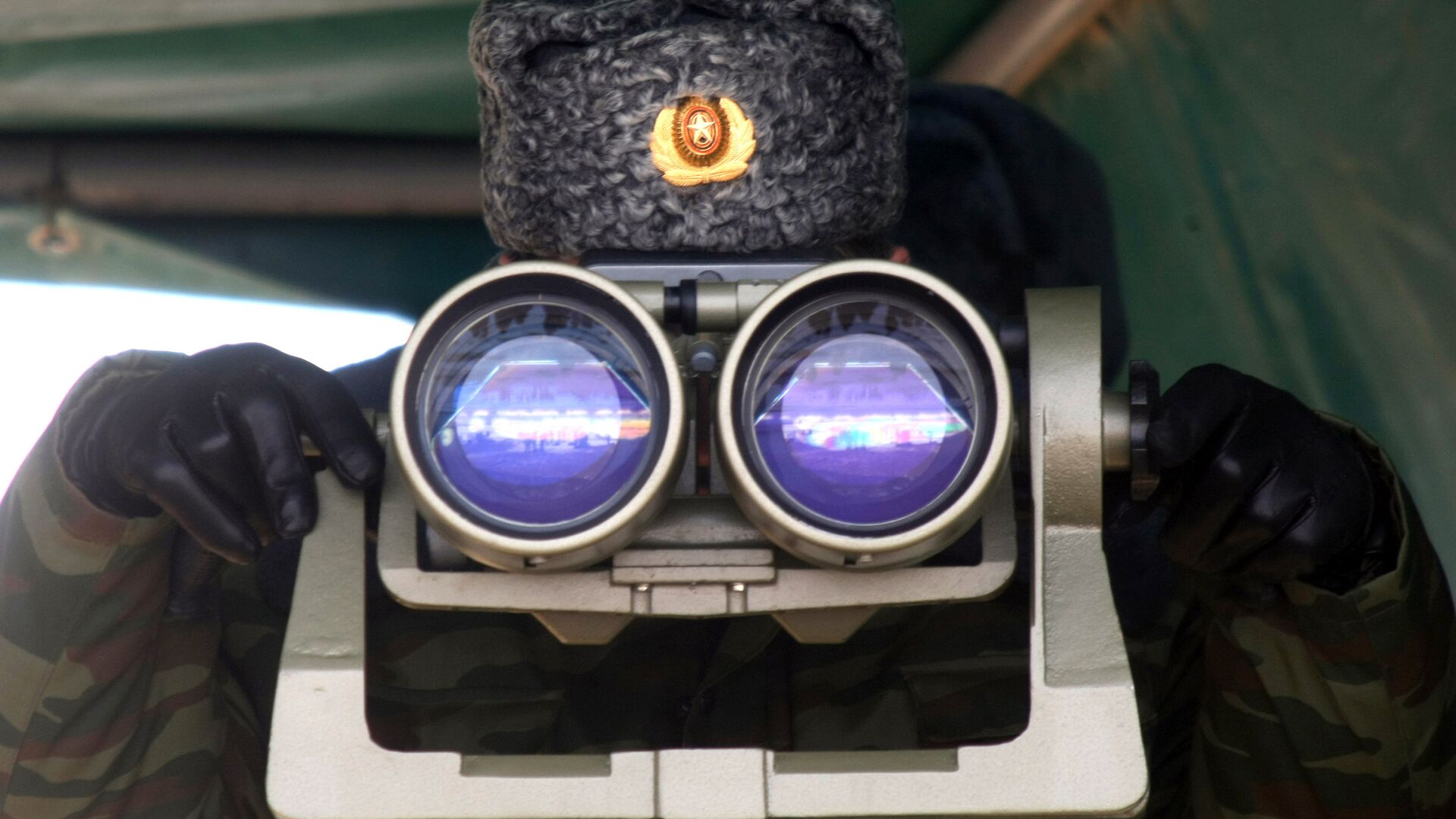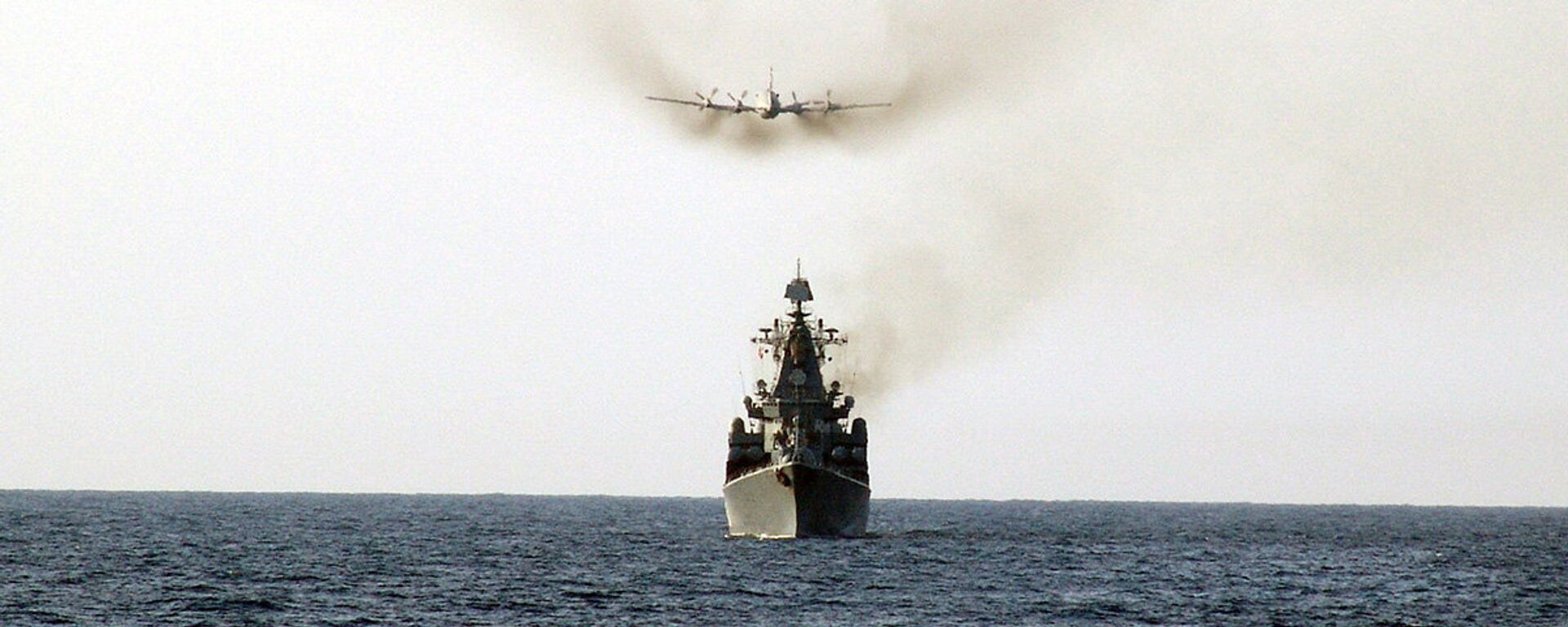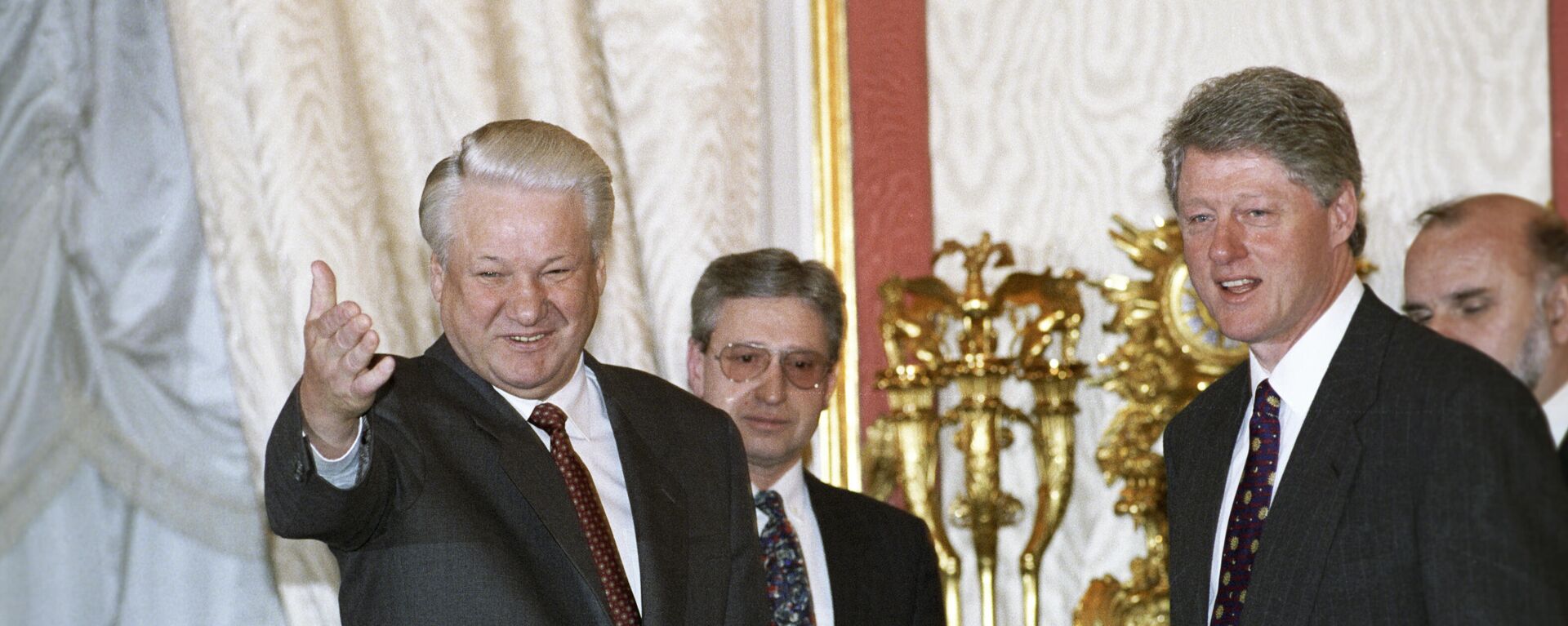Ex-US Admiral Urges Washington to ‘Beware the Bear’ Amid Collapse of Russia-NATO Ties
17:55 GMT 31.10.2021 (Updated: 17:58 GMT 31.10.2021)

© Sputnik / Игорь Самойлов
/ Subscribe
Relations between Russia and NATO hit new post-Cold War lows this month, culminating in the suspension of the bloc’s mission in Moscow. On Monday, Russian Foreign Minister Sergei Lavrov said that relations couldn’t even be described as ‘catastrophic’, “because to be catastrophic you need to have something. We don’t have any relations with NATO.”
James Stavridis, a retired US admiral and former Supreme Allied Commander of NATO, has urged the alliance not to take Russia out of its sights as the Western alliance continues its pivot to focusing on China, adding that the bloc can still mend ties with Moscow, if certain “conditions” are met.
In an op-ed for Bloomberg, Stavridis commented on Russia’s move this month to suspend its mission to NATO and order the closure of the bloc’s Moscow office in response to the expulsion of eight Russian diplomats from the alliance’s Brussels headquarters.
Recalling the conversations he’d had with Russian officials while serving as the bloc’s military commander in the early 2010s, Stavridis noted that although he and his counterparts “disagreed on a variety of topics,” such as the deployment of US missile defence systems in Eastern Europe, or the 2008 war in Georgia, “the NATO-Russia Council was a good venue to discuss differences, and I was hopeful that over time things would improve.”
That hasn’t happened, he noted, with the crisis in Ukraine following the 2014 coup, sanctions, the Russian counterterrorism operation in Syria, unsubstantiated US claims about Russian cyberattacks, and ‘nerve-agent poisoning’ allegations leveled by the West against Moscow, culminating in the freezing of the mission.
“Russian Foreign Minister Sergei Lavrov, at one time a big supporter of Russia-NATO cooperation, said rather tartly that if alliance officials had any further business with the Russian Federation, they could take it up with the Russian embassy in Belgium,” Stavridis complained, pointing to Lavrov’s announcement of 18 October ordering the closure of the bloc’s representation in Moscow.
Encouraging the bloc not to “look past” Russia to focus on China, the admiral stressed that “nor is it possible to look at the China threat without factoring in a Russian role.”
Pointing to Moscow’s potentially “world-ending nuclear arsenal” and characterizing Russian President Vladimir Putin as “a clever tactician with a high appetite for risk,” Stavridis warned that Russia and China have been “ratcheting up cooperation, including [through] joint naval exercises in not only the northern Pacific…but also in the Atlantic and the Baltic Sea.”
With this in mind, the armchair strategist urged NATO to keep the focus on Russia found in the bloc’s new strategic concept. “Yes, there must be future focus on climate change, cybersecurity and, of course, China; those are the big changes of the past decade. But ‘beware the bear’, the reason NATO was formed after World War II, must keep primacy,” Stavridis emphasized.
This, Stavridis suggested, would require the alliance to increase its “vigilance” in the Arctic, continue to sanction Russia, strengthen cyberdefences, continuemilitary drills in Ukraine and Georgia and provide the two countries with action plans toward membership, plus “standing up to Russian provocations at sea and in the air around the Baltic and Black Seas.”
As for the NATO-Russia Council, the retired admiral suggested that the bloc should remain ready to restore its operation “under the right conditions,” but only when combined with “a strong and united front, and keeping Moscow at the center of NATO’s strategic focus.”
Stavridis did not elaborate on what these “right conditions” might be. However, in the past, relations between the bloc and Moscow were at their best between the late 1980s and through the 1990s, when Soviet leader Mikhail Gorbachev and Russian leader Boris Yeltsin made an endless series of concessions to the bloc in an effort to end the cold war and improve relations with the West.
NATO responded to Soviet and Russian goodwill by incorporating every single member of the defunct Warsaw Pact alliance, plus the three Baltic republics of the former USSR, and four republics of the former Yugoslavia, into the alliance, in spite of a 1990 commitment by Washington not to do so. Since 2014, the bloc has also dramatically beefed up its deployment of troops near Russia’s borders, and held large-scale drills simulating direct conflict with its eastern neighbour.
In 2016, a US Aegis Ashore missile defence system was made operational in Romania, with a second facility currently wrapping up construction in Poland. Moscow has expressed special concern over these facilities, pointing out that their MK-41 universal missile launchers could easily be converted to fire offensive, potentially nuclear-tipped Tomahawk cruise missiles, with a flight time to Moscow of mere minutes.





